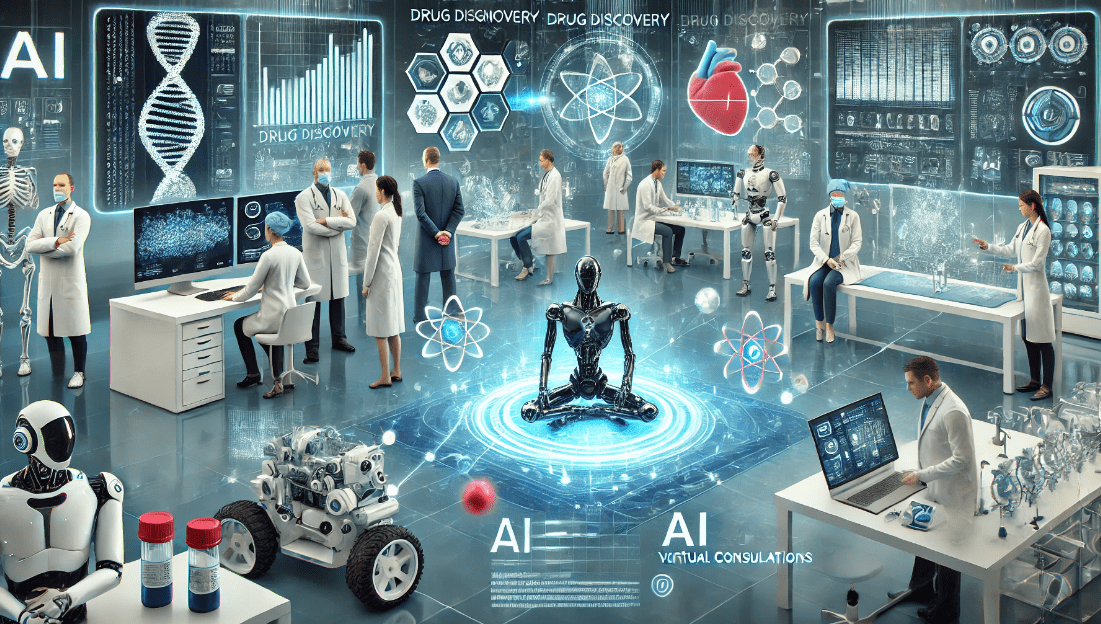Okay, quick question—when you hear the words “AI in healthcare,” what comes to mind?
Robots doing surgeries? Computers making life-or-death calls? Something that sounds a little too high-tech to be real?
Totally fair. It sounds like sci-fi. But the truth? It’s already here—and it’s not nearly as scary or complicated as it sounds. AI is actually helping doctors, not replacing them. And it’s doing small but powerful things that are making healthcare better for real people. People like you and me.
Let’s talk about five AI tools that are making a real difference in 2025—without all the hype.
💡 So Wait, Why Does AI Matter in Healthcare Anyway?
Imagine being a doctor for a sec. Every day, you’re seeing patients, reading test results, checking medical histories, going through lab work, and somehow keeping up with all the new research coming out.
It’s A LOT. Humans are smart, but we’re not supercomputers.
That’s where AI steps in. It doesn’t try to do your doctor’s job—it just helps them do it faster, more accurately, and with fewer mistakes. Kind of like a super organized assistant that never sleeps or forgets anything.
Here’s what it can do:
- Look at scans (like X-rays or MRIs) and find things instantly
- Help doctors figure out the best treatment based on you, not just what works for most people
- Give you smart advice when you’re not sure if you should go to the doctor
- Speed up research so new treatments come out faster
Sounds pretty helpful, right? Let’s check out the tools.
1. PathAI – Helping Doctors Spot Serious Stuff (Like Cancer) Faster
When you get a test done—like a biopsy—the results go to a specialist who looks at it under a microscope and figures out what’s going on. It’s a super important job, and mistakes can be life-changing.
That’s why PathAI exists. It helps those specialists (called pathologists) double-check their work. The AI scans the same samples and points out anything that looks suspicious.
It’s not replacing your doctor—it’s just quietly saying, “Hey, maybe take another look at this part.”
For you, that means fewer misdiagnoses, fewer delays, and more peace of mind.
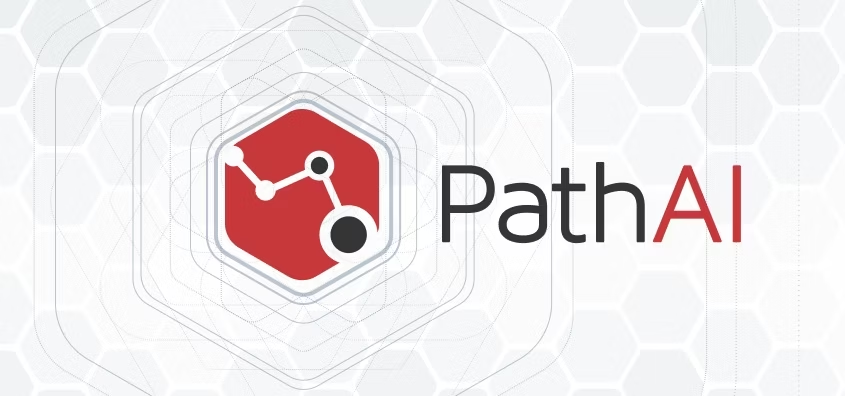
2. IBM Watson Health – Like a Brain That’s Read Every Medical Journal Ever
Remember Watson—the AI that won Jeopardy!? Turns out, it’s been spending the last few years becoming a medical genius.
IBM Watson Health helps doctors figure out the best treatments, especially for complex stuff like cancer. It reads through millions of articles, case studies, and patient records to find what’s working—and then it shares that info with your doctor.
Think of it like the world’s smartest assistant whispering, “Hey, there’s a new study on this—you should check it out.”
It doesn’t make the decision. Your doctor does. But now they’ve got way more knowledge in their corner.
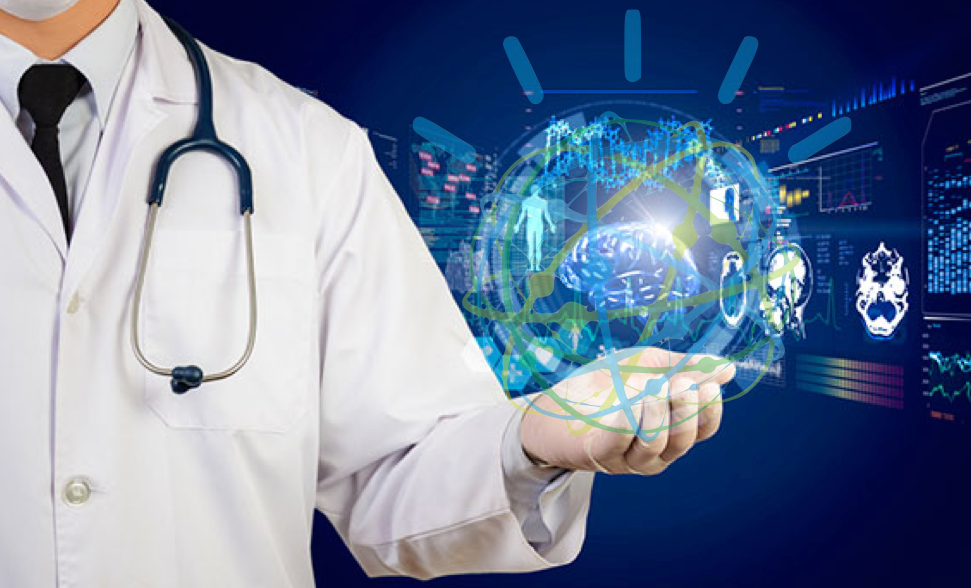
3. Arterys – Turning Medical Scans Into Quick Answers
You know those huge machines at the hospital—CT scanners, MRIs, all that? They take super detailed pictures of what’s going on inside your body. But it still takes time for someone to look at them and figure out what they mean.
Arterys helps with that. It uses AI to read those images fast—and accurately. It can catch signs of heart issues, tumors, or injuries in a fraction of the time it used to take.
That means faster diagnoses, quicker treatment, and less waiting around for answers.
Especially helpful in emergencies, when every second counts.
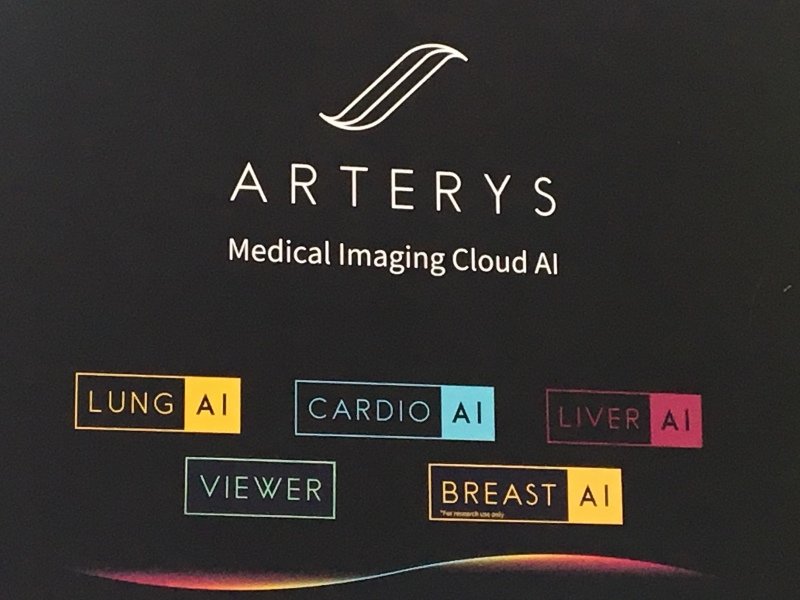
4. Tempus – Making Cancer Treatment Way More Personal
Everyone’s body is different. So why should everyone with cancer get the same treatment?
Tempus helps doctors create treatment plans based on you—your genetics, your history, your past treatments, all of it. The AI looks for patterns in your data and matches them with what’s worked for other people like you.
Instead of “let’s try this and see,” it’s more like “this worked for someone just like you—let’s start here.”
And behind the scenes? Tempus is helping researchers discover better ways to fight cancer for everyone.

5. ADA Health – Your Friendly, Smart Symptom Checker
Ever had something weird going on—like a headache that won’t quit—and you’re not sure if it’s nothing or something serious?
That’s where ADA Health comes in. It’s a free app that asks you simple questions about your symptoms and helps you figure out what might be going on.
It’s like texting a nurse friend and asking, “Hey… should I be worried?”
It won’t replace a doctor, but it can definitely help you figure out your next step—and avoid the doom-scroll spiral on Google.
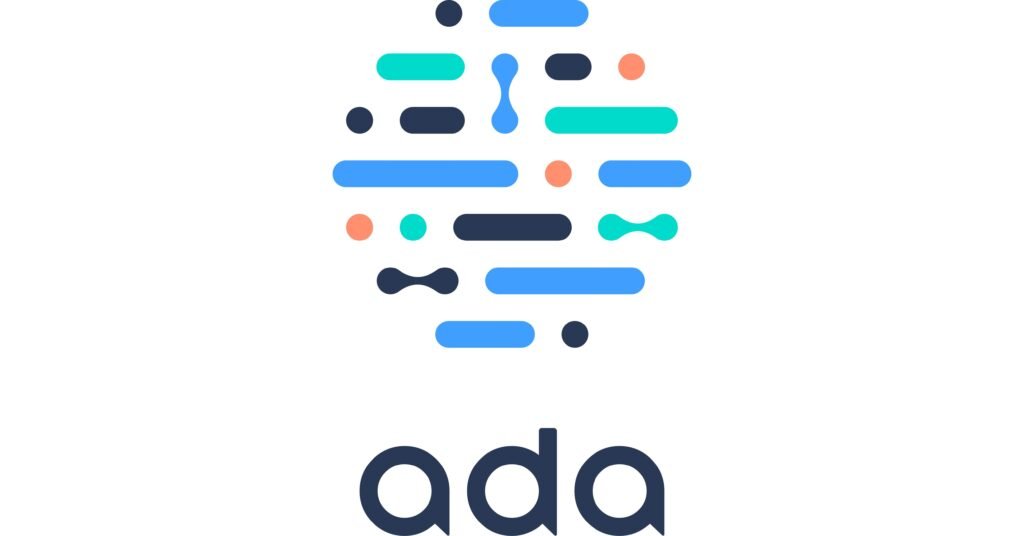
🤖 So What’s AI Actually Doing for You?
Here’s a no-nonsense breakdown:
| What It Helps With | What That Means for You |
|---|---|
| Diagnosing problems | You get answers faster and more accurately |
| Reading scans | Less waiting, quicker decisions |
| Personalized treatments | Care that’s built for you, not just “everyone” |
| Health advice | Smart guidance when you need it |
| Research | Better treatments are coming out faster |
So yeah—it’s working quietly in the background, but it’s definitely making life better.
📚 And Yep, Future Doctors Are Learning AI Too
Today’s medical students aren’t just learning anatomy and textbooks. They’re learning how to work with AI—how to read data, how to use smart tools, and how to bring the best of tech and human care together.
It’s not about AI taking over—it’s about doctors getting superpowers.
The best care of tomorrow will come from humans and machines working together.
🔮 What’s Coming Next?
Here’s a peek at what’s on the way:
- Chatbots that can book your appointments or explain test results
- AI that predicts health issues before they happen
- Tools that write up visit notes so doctors can actually look you in the eye again
The future of healthcare? It’s not cold. It’s not robotic. It’s smarter, faster, and way more human-focused than you might expect.
✨ Final Thought: AI Is Already Helping. You Just Might Not See It.
This stuff isn’t coming someday—it’s already here. And it’s not some weird, robotic takeover. It’s quiet. It’s helpful. And it’s built to make life easier for doctors and patients.
If you’ve ever felt lost in the healthcare system—or stuck waiting for answers—AI is one of the reasons things are getting better. It’s not perfect. But it’s progress. Real, practical progress.
And honestly? That gives me a lot of hope
Connect With US:
X(twitter)| Instagram| Reddit| Quora
or drop us an email to admin@hyperaihub.com or send us your request from Contact us page
